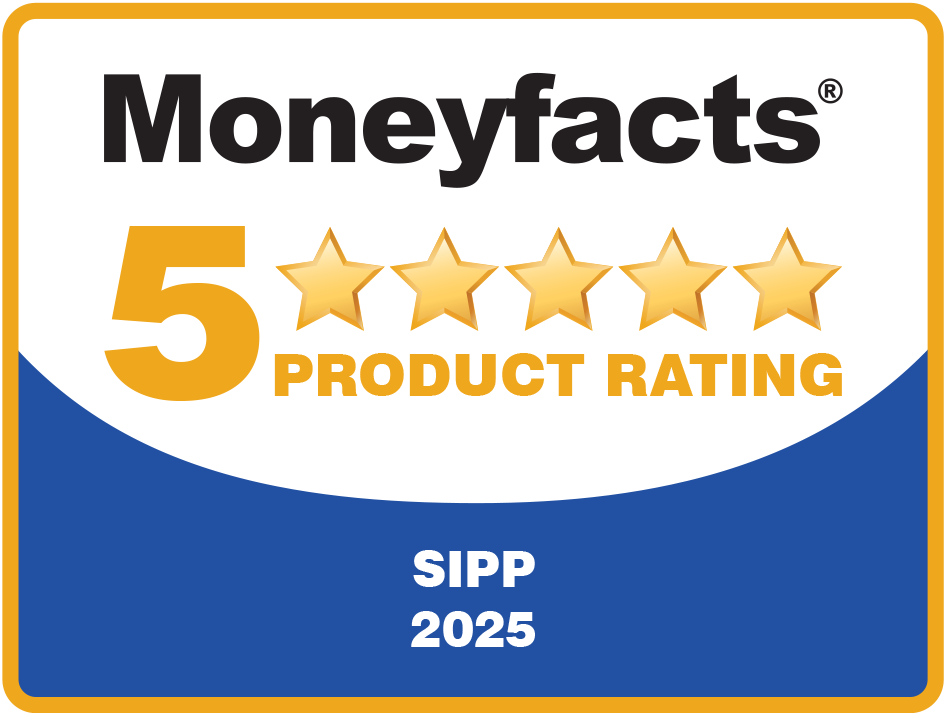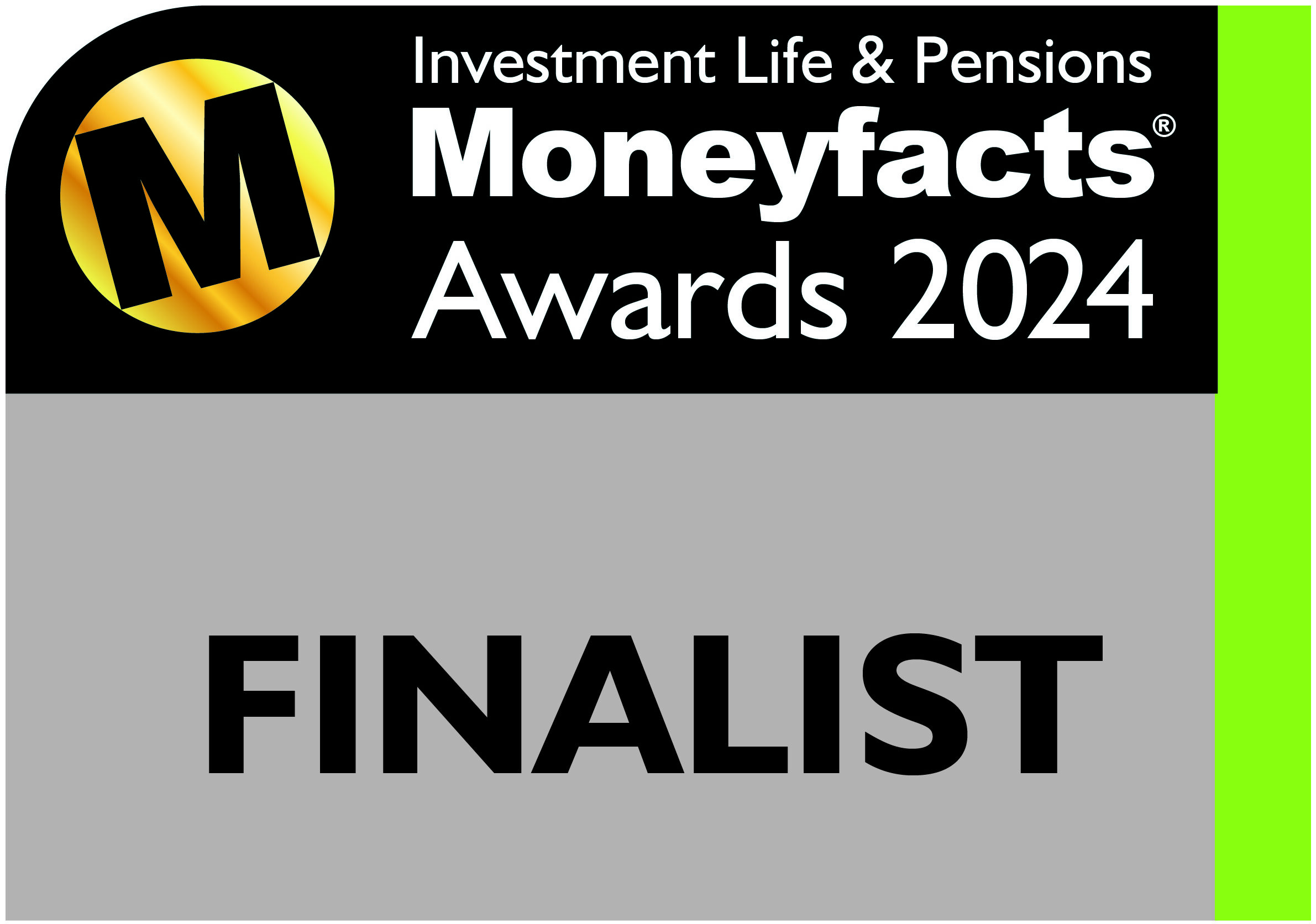Seven types of land you might not know you could buy in a SIPP
Almost all financial advisers know that a SIPP (Self-Invested Personal Pension) can buy an office block, a factory or industrial unit. We find too that most have a good knowledge of the types of property (mostly residential in nature) that a SIPP can’t buy.
However, there’s a grey area. One where some advisers are unsure of the rules. What are we referring to?
Land.
We’ve scoured our book of properties to find seven examples of unusual land that can be bought in a SIPP.
- Fishing lakes: The adviser’s client works in the fisheries industry. His SIPP purchased land with a lake. It then signed a lease (with rent set at a market rate) with the client’s company for use of the land.
- Campsites: The SIPP can purchase land which can be used as a campsite, just not the tents themselves or any other permanent structure on the client that people could reside in.
- Farmland: The most common type of land we purchase, either on the open market or from the farmers themselves, releasing money from their pension scheme while allowing them to retain control of the land.
- Equestrian use / stables: We work with several jockeys who own stables and fields in their SIPP, which are then leased back to their equestrian business.
- Polo club: Continuing the equine theme, we recently purchased a polo club.
- Golf club: We also have a client whose SIPP owns a golf course and clubhouse, which is leased back to his business, again for a market rate rent.
- Sports facilities: In the past, we have worked with a client whose SIPP included a small stadium and other open spaces.
Most of your clients won’t want to buy a fishing lake, stables or a golf course in their SIPP. However, those who do might not think using their SIPP is an option. Indeed, for some of your clients, it might be the only option for them to complete the purchase.
It’s also worth remembering that a SIPP can purchase land jointly, perhaps with the client themselves, their company or another pension. As we all know, a SIPP can also borrow money to help fund the purchase; a subject we’ll take a closer look at in coming months.
Rules for purchasing land in a SIPP
In the meantime, here are four things to remember when purchasing land in a SIPP:
- The land must be income producing: The SIPP must be able to generate a rental yield from the land and a formal lease needs to be in place. Furthermore, the rent must be set at a market value rate, even if the tenant is connected to the SIPP member.
- It must have access to a public highway: Often overlooked, especially when it comes to farmland, this rule helps preserve the land’s resale value on the open market and avoids a SIPP acquiring a landlocked asset.
- No residential usage: Unsurprisingly, land purchased in a SIPP can’t have any element of residential usage. So, land close to a member’s main residence must have an independent commercial value that will benefit the SIPP. It is important to note that we would not agree to the purchase of land, for example, at the side of the SIPP member’s house, to personally use as a paddock as genuine commercial use (even if a market rent is set).
- Beware potential contamination: Land near any kind of industrial sites, such as a coal mine, refinery, fuel storage etc, should be considered at risk of contamination. While it is unusual for a purchase not to proceed, environmental tests may be required to satisfy HMRC requirements before the purchase can be completed. Naturally, this increases costs and could delay the purchase.
SIPP rules mean there will always be types of property which can’t be bought in a SIPP. However, you can count on us to be as flexible and helpful as possible. Our job is to ensure that your client’s needs are met within HMRC’s rules.
That’s where our years of experience pays off.
If you have a question about the SIPP rules or would like to discuss a specific case, we are here to help. Simply pick up the phone or drop us an email. We’d love to hear from you.



